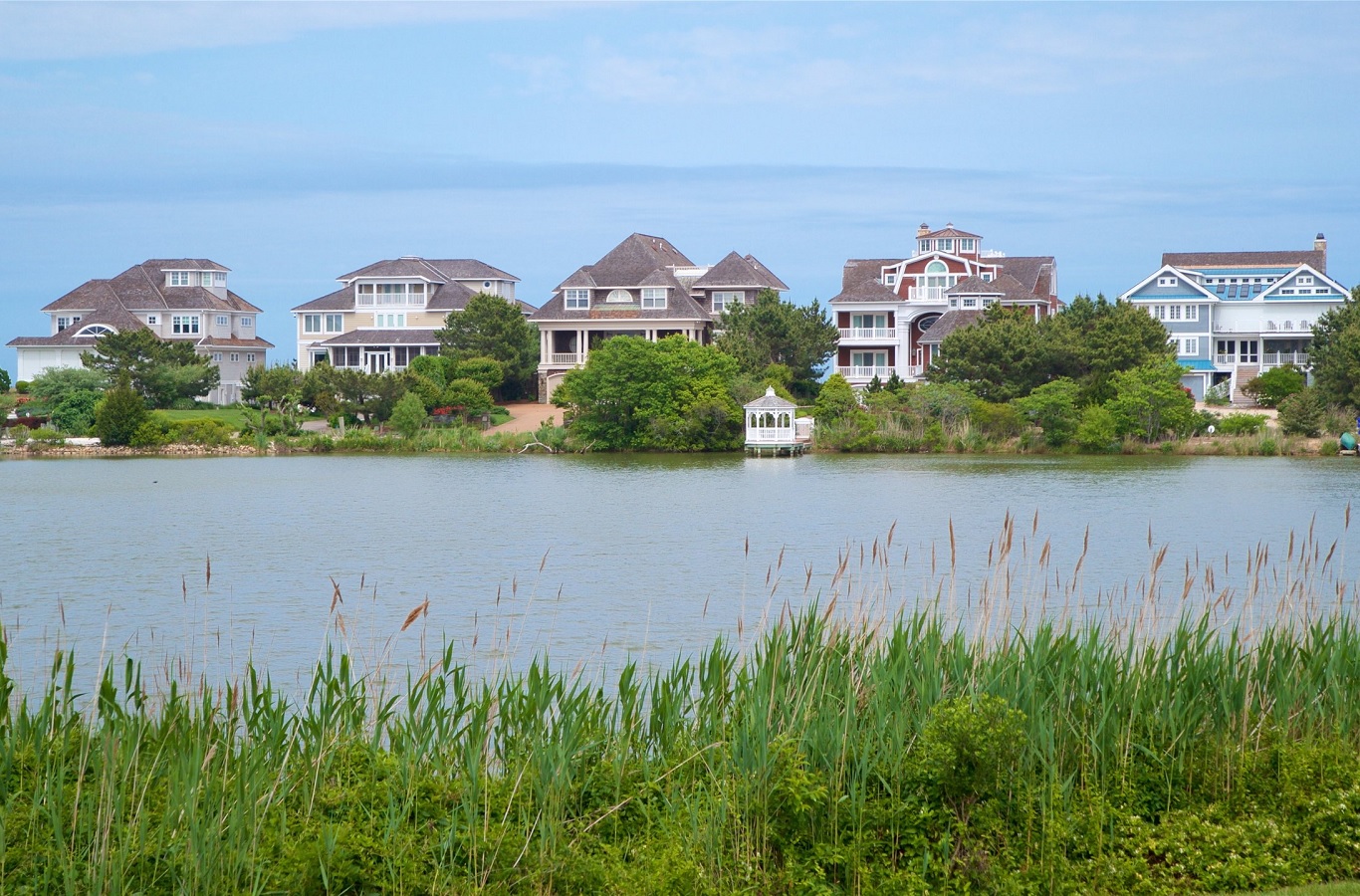Delaware, a small but historically significant state on the East Coast of the United States, is referred to as the “First State” due to its status as the first state to ratify the US Constitution. Delaware is a small state, but it has a lot to offer: from dynamic cities and historical sites to immaculate beaches and breathtaking scenery. To find out what makes the state special and interesting to explore, let’s examine its numerous features of history, geography, economy, culture, and more.
Geography
Delaware is the second-smallest state in the union, covering an area of around 1,900 square miles, and is situated on the East Coast. The State has a varied topography, with flat coastal plains, rolling hills in the northern part, and sandy beaches along the Delaware Bay and Atlantic Ocean. New Jersey borders it to the east, Pennsylvania to the north, and Maryland to the south and west. The state’s climate, which is marked by mild winters and warm summers, is influenced by its low-lying geography and closeness to the Atlantic Ocean. The State’s geographical location makes it a desirable travel destination for both outdoor enthusiasts and beachgoers.

History
Delaware’s history is deeply rooted in its colonial past and pivotal role in American history. The region was inhabited by Native American tribes before European colonization. Dutch and Swedish settlers established early settlements, but the state eventually fell under English control. In 1638, the Swedish colony of New Sweden was founded, followed by English settlements and conflicts. Delaware played a crucial role in the American Revolutionary War and became the first state to ratify the U.S. Constitution on December 7, 1787, earning its nickname, the “First State.” Its rich history is preserved in historic sites, museums, and cultural institutions throughout the state.

Cities and Towns
Delaware has a number of illustrious towns and communities that add to the state’s varied topography and rich cultural legacy. Wilmington, the biggest city in the state, is the center of both the economy and culture. It features a thriving downtown and several historic districts. The capital city, Dover, is a hub for trade and administration and has a long history. Other notable towns are Rehoboth Beach and Lewes, major tourist destinations noted for their picturesque coastal ambiance and recreational opportunities, and Newark, home of the University of Delaware. The State’s towns and cities each have their own distinct charms and things to offer.

Economy
Delaware’s economy is dynamic and varied, propelled by a range of industries and a welcoming business climate. Industries include banking, healthcare, manufacturing, agriculture, and tourism serve as the backbone of the state’s economy. The largest city, Wilmington, is home to numerous Fortune 500 corporations and is a major financial center. The State is known as the “corporate capital of the world” because of its business-friendly tax policies and robust legal system, which draw in corporations and other firms. The state’s economy is also boosted by its coastal location and tourism attractions, as millions of tourists visit Delaware’s beaches and cultural sites annually, spending money and helping out local companies.

Tourism
Delaware’s picturesque beaches, historic landmarks, and cultural attractions attract millions of tourists each year, making the state’s tourism sector an essential part of the state’s economy. Because of its prime coastal location between the Atlantic Ocean and Delaware Bay, the state is a favorite among beachgoers, with communities like Rehoboth Beach and Bethany Beach featuring immaculate sandy beaches and lively boardwalks. Both history buffs and art lovers are drawn to historic locations like Fort Delaware and cultural establishments like the Winterthur Museum. Hiking, biking, and fishing in state parks and wildlife refuges are examples of outdoor leisure activities that further boost Delaware’s appeal as a travel destination.

Culture and Heritage
Delaware’s culture and heritage are rich and diverse, shaped by its colonial history and multicultural population. The state’s Native American, Dutch, Swedish, and English roots contribute to its unique cultural tapestry. The State’s heritage is preserved in its historic sites, museums, and festivals, celebrating its colonial past, maritime traditions, and contributions to American history. The state’s vibrant arts scene, culinary delights, and cultural festivals showcase its diverse cultural influences and traditions. From exploring colonial-era landmarks to attending cultural events and sampling local cuisine, the state offers visitors a fascinating glimpse into its rich cultural heritage and dynamic cultural landscape.

Conclusion
In summary, Delaware may be small in size, but it makes up for it in history, scenic beauty, and cultural diversity. The State has much to offer everyone, from its charming cities and booming business to its colonial past and gorgeous coastline. The First State has a lot to offer travelers looking for an amazing vacation, whether their interests are in history, outdoor activities, or just unwinding on the beach.
